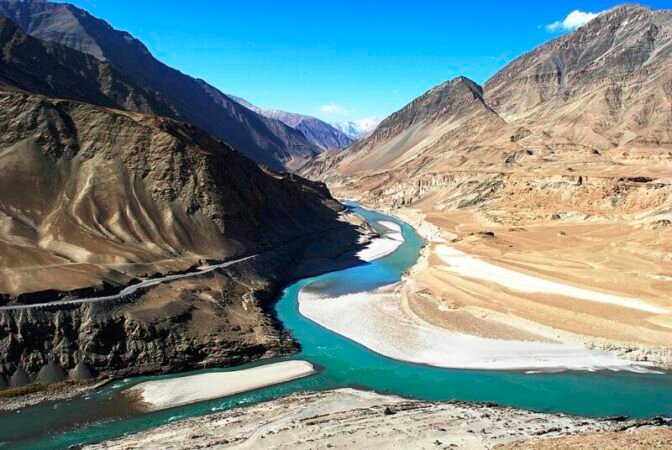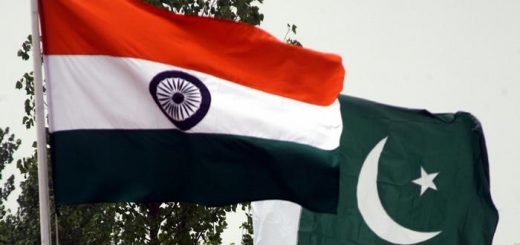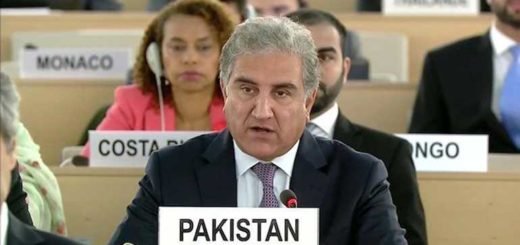India Issues Notice to Pakistan Over Indus Water Treaty Violations

India has issued a “notice of modification” to Pakistan, blaming the country for “intransigence” in the implementation of the Indus Water Treaty (IWT), which was signed by the two nations in 1960, with the World Bank as a signatory. The treaty sets out a mechanism for cooperation and information exchange between the two countries regarding the use of water from several rivers.
India has always been a responsible partner in implementing the IWT, however, Pakistan’s actions have negatively impacted the provisions of the treaty and its implementation, forcing India to issue the notice of the modification. In 2015, Pakistan sought the appointment of a neutral expert to address technical objections to India’s Kishenganga and Ratle Hydro Electric Projects. The following year, Pakistan retracted the request and sought a court of arbitration to adjudicate the objections.
This unilateral action by Pakistan was in violation of the graded mechanism of dispute settlement outlined in Article IX of the IWT, according to sources. As a result, India made a separate request for the matter to be referred to a neutral expert. The potential for inconsistent or contradictory outcomes from these two simultaneous processes creates an unprecedented and legally untenable situation, which could endanger the IWT itself.
Despite repeated efforts by India to find a mutually agreeable solution, Pakistan refused to discuss the issue during the five meetings of the Permanent Indus Commission from 2017 to 2022. The World Bank has recently initiated actions on both the neutral expert and court of arbitration processes, due to Pakistan’s insistence. However, such parallel consideration of the same issues is not covered under any provision of the IWT, leading India to issue the notice of modification.
What is Indus Water Treaty?
The Indus Water Treaty is a water-sharing agreement between India and Pakistan that was signed in 1960. The treaty was brokered by the World Bank and sets out a mechanism for cooperation and information exchange between the two countries regarding the use of the waters of the Indus River and its tributaries, which include the Sutlej, Beas, Ravi, and Chenab.
The treaty provides for the sharing of the waters of the Indus river system, with India receiving the waters of the Sutlej, Beas and Ravi rivers, and Pakistan receiving the waters of the Chenab, Jhelum and Indus rivers. The treaty also established the Permanent Indus Commission, which serves as the primary mechanism for consultation and cooperation between the two countries on issues related to the treaty.
Link to the Treaty at UN’s website


















